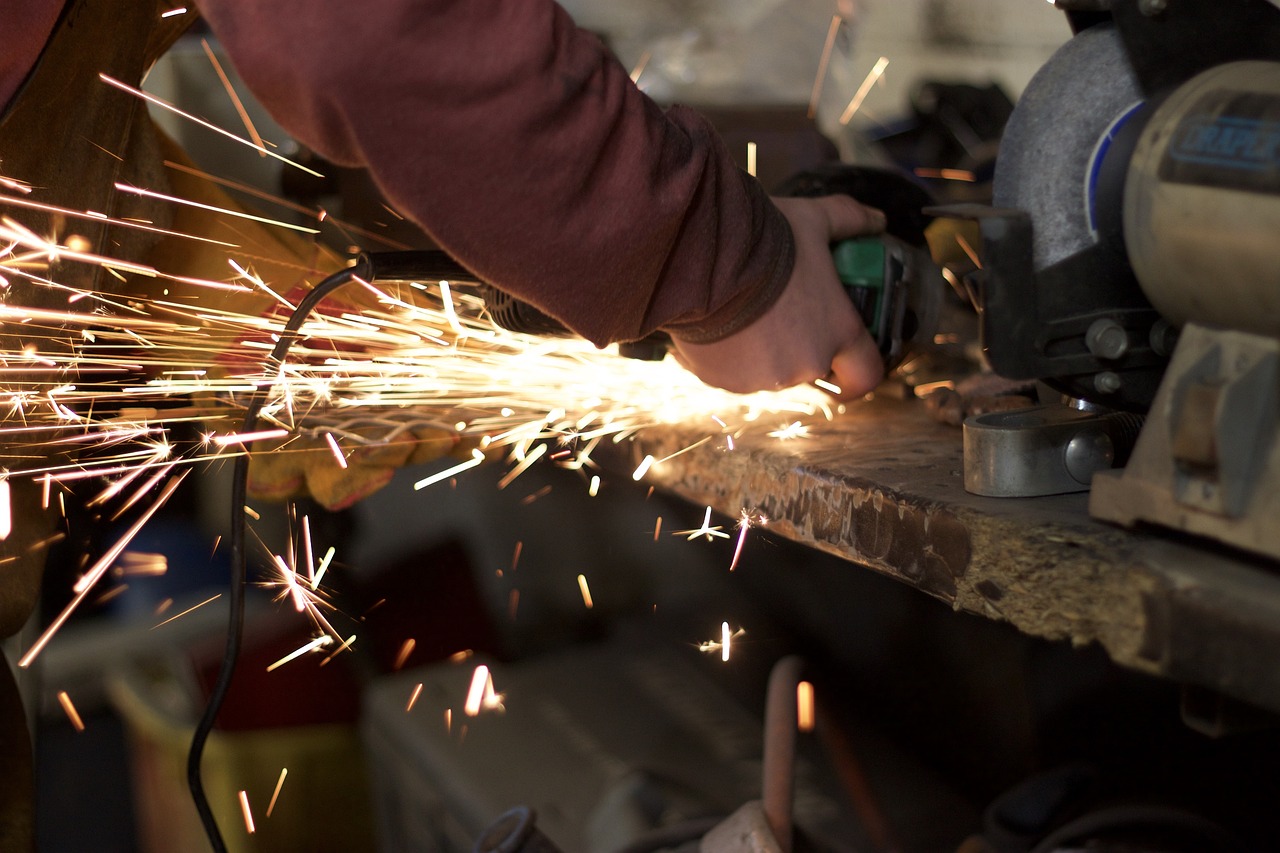Weak demand for UK-manufactured goods has led to a further contraction in manufacturing output for the tenth month in a row. The UK manufacturing slump means fewer new orders, scarcer employment opportunities, and reduced activity overall. The highly anticipated S&P Global/ CIPS UK Manufacturing PMI survey revealed a drop to 47.1 in May, down from 47.8 the previous month.
The UK manufacturing slump continues, with May figures reported as the lowest in four months, according to the latest S&P Global/ CIPS report. Experts have attributed the drop in overseas demand to post-Brexit trade checks. For the tenth month in a row, the rate lies below 50, indicating contraction and an ailing manufacturing sector in decline. Figures above 50 reveal growth. New order exports have slumped even longer, with the contraction now at 16 months.
Speaking to reporters at the release of the latest figures, S&P Global Market Intelligence Director Rob Dobson said:
“Manufacturers are finding that any potential boost to production from improving supply chains is being completely negated by weak demand, client de-stocking, and a general shift in spending in the UK away from goods to services.”
CIPS chief economist, Dr John Glen, suggested that European customers seemed “tired of additional administrative Brexit checks”, opting to source products locally instead.
As the demand for manufactured goods likely continues to fall over the next decade, industry group UK Make urged the government to formulate a “unified vision”.
Speaking after the release of the latest data, senior Make UK economist James Brougham said:
“With powerful domestic manufacturing policies in place in the US and the EU, manufacturers can see that the likelihood of much export expansion to the UK’s biggest manufactured goods trading partners is dwindling.
“UK firms are eagerly awaiting both the UK’s response to these global economy-shifting policies, but perhaps more importantly, a unified vision from government for the sector over the next decade, with the long-term policies to boot.”
The extra bank holiday Monday and fewer new orders also played into the current UK manufacturing slump.
UK Manufacturing sector clinging to signs of hope
The survey did, nevertheless, sound some positive notes. Industry sentiment appears more upbeat, with companies expressing optimism about new product launches and more bearable costs. After an extended period of price increases, manufacturers now see prices falling. Speaking to reporters, Dobson said:
“Although near-term conditions remain challenging overall, manufacturers are still finding reasons for optimism, including brighter news on the price and supply fronts.
“Average input costs fell for the first time in three-and-a-half years, allowing some firms to maintain efforts to repair and protect margins damaged by a long and often severe period of cost inflation.”
But CIPS’s Dr Glen appeared less positive:
“More interest rate rises increasing business costs, and the pressure from stubborn inflation will continue to keep business owners awake at night.
“The threat of recession narrowly missed at the end of last year hasn’t passed entirely, so businesses will be tightening their belts for lean times to come, which could include more job shedding and reduced operations.”
The UK manufacturing sector enjoyed a boost after the pandemic when processing the backlog. Since then, the sector has slowed, with the PMI survey showing worsening trading conditions in multiple areas.
Despite the gloom, 57% of factories predict an output increase for the following 12 months.




